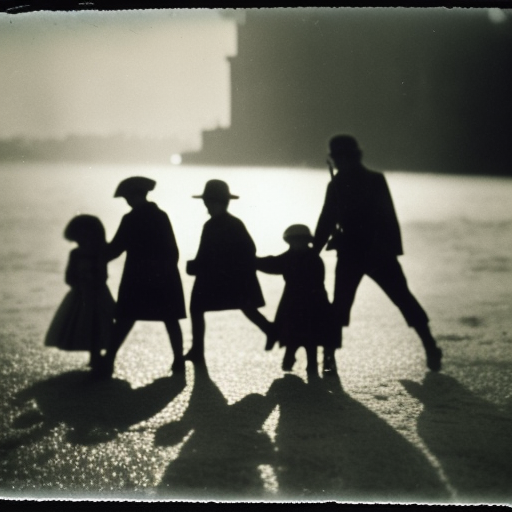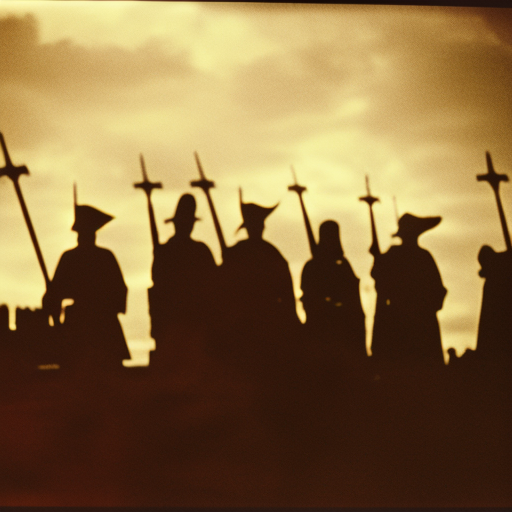The Merovingians: Summary
The Merovingians were a dynasty of Frankish kings who ruled over the Franks from the 5th to the 8th century. They were named after their legendary founder, Merovech, and their reign marked a significant period in the history of the Franks and the early medieval Europe.
Origins and Rise to Power
The Merovingian dynasty emerged in the late 5th century when Clovis I, a powerful Frankish leader, united various Frankish tribes and established a strong kingdom in Gaul. Clovis converted to Christianity and expanded his territory through military conquests, eventually becoming the first king of all the Franks. Under his rule, the Merovingians established themselves as the dominant power in Western Europe.
Government and Society
The Merovingian kingdom was characterized by a decentralized government structure. The king held supreme authority but relied heavily on the support of his nobles and military leaders. The kingdom was divided into regions governed by local officials known as counts. The Merovingian kings also appointed mayors of the palace, who acted as their chief administrators and wielded significant power.
Society during the Merovingian era was hierarchical, with the king at the top, followed by the nobility, clergy, and commoners. The nobles held extensive land holdings and exercised considerable influence over local affairs. The Church played a vital role in Merovingian society, with the clergy holding significant political and economic power.
Decline and Fall
The Merovingian dynasty began to decline in the 7th century due to internal conflicts and external pressures. The kings became increasingly weak and ineffective, with real power shifting to the mayors of the palace, who essentially ruled in their name. The most prominent mayor of the palace was Charles Martel, who successfully defended the kingdom against Muslim invasions and expanded Frankish territories.
In 751, Pepin the Short, the son of Charles Martel, deposed the last Merovingian king and established the Carolingian dynasty. This marked the end of the Merovingian rule and the beginning of a new era in Frankish history.
Legacy
Despite their decline, the Merovingians left a lasting impact on European history. They played a crucial role in the Christianization of the Franks and the establishment of a unified Frankish kingdom. The Merovingian kings also laid the foundations for the Carolingian dynasty, which would go on to create the Carolingian Empire under Charlemagne.
The Merovingians also left behind a rich cultural legacy. They patronized the arts and supported the development of monastic centers, which became centers of learning and scholarship. The illuminated manuscripts produced during this period are considered masterpieces of early medieval art.
In conclusion, the Merovingians were a significant dynasty that ruled over the Franks during a crucial period in European history. Their rise to power, decentralized government structure, and eventual decline shaped the political and social landscape of early medieval Europe. Despite their fall, the Merovingians left a lasting legacy in the form of their contributions to Christianity, the arts, and the establishment of the Carolingian dynasty.












